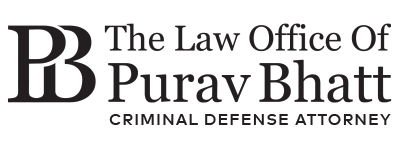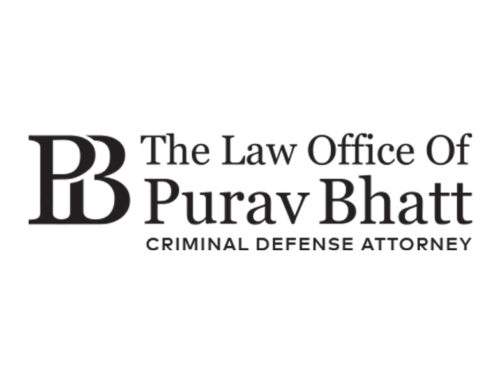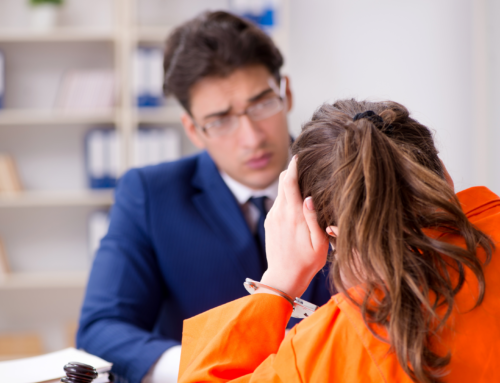People often ask me, “I felt forced by the police to do XYZ. What can the police make me do?” Once you are arrested what you say and do in the presence of the police becomes that much more important to protecting your freedom. Because your freedom is at stake, what you say and do can mean the difference between guilty and not guilty.
Under Illinois Supreme Court Rule 413, the following list of actions are allowed subject to constitutional limitations. In other words, the law requires the arrested person to, and more importantly, allows the police to take simple actions such as taking fingerprints and requiring the accused to appear in line ups.
The law also requires the accused to perform more complex tasks such as requiring the accused to speak for voice identification by witnesses to an offense and pose for photographs as long as the photographs do not re-enact any scene related to the case. The police can require the accused to try on articles of clothing and provide handwriting samples.
More controversially, the law allows police to take specimens of material from under fingernails and permit the taking of samples of blood, hair and other materials of one’s body which involve “no unreasonable intrusion thereof” and even to submit to physical or medical inspection of one’s body.
If you are involved in any of these actions with the police you have the right to have an attorney present and you should have an attorney present to ensure your rights are protected from your first contact with the police.
If you or a loved one has been arrested for drug offenses, gun offenses or other state or federal offenses you need to be advised as to your rights and opportunities under the law.
Contact The Law Office of Purav Bhatt at 773-791-9682.






